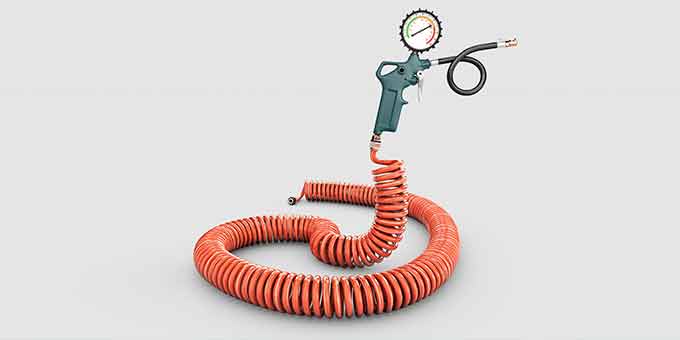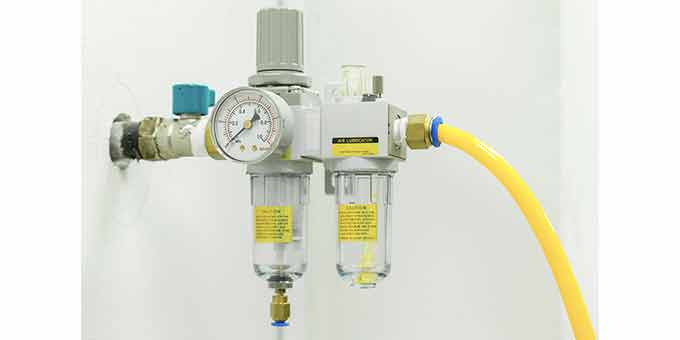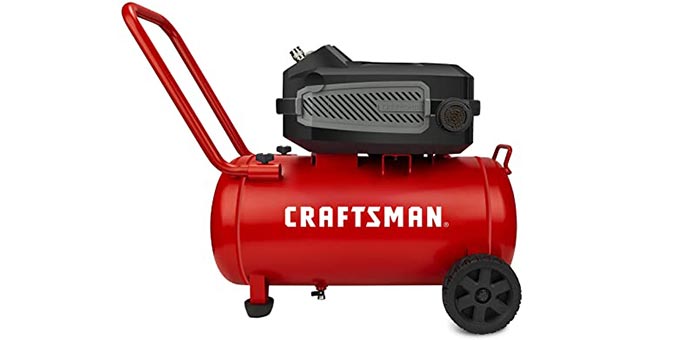In the realm of do-it-yourself (DIY) projects, air compressors have earned a unique spot as an indispensable tool. They power a wide variety of equipment, from paint sprayers to nail guns, enhancing efficiency and productivity. However, with the growing awareness of our environmental responsibilities, it becomes imperative to consider how to use these powerful machines in a more sustainable way. This article delves into the world of air compressors, with a focus on making your usage more eco-friendly.

Understanding Air Compressors: Their Impact and Your Role
How Air Compressors Work
Air compressors function by sucking in air, compressing it, and then releasing it at high pressure to power various tools. They are incredibly versatile, used across numerous industries and home-based DIY projects.
Environmental Implications
Air compressors are largely energy-intensive. They account for up to 10% of industrial energy usage worldwide. This significant consumption presents an opportunity for users to play a role in conserving energy and promoting sustainability.
Embracing Energy-Efficient Models: A Step Towards Sustainability
Choosing the right air compressor can be a game-changer for your environmental footprint. Modern designs have started to incorporate energy-saving features, while some models are specifically designed for eco-friendly operation.
Variable Speed Drives (VSDs)
VSDs can adjust the speed of the compressor in response to the demand for air. By doing so, they can reduce energy usage by up to 35% compared to traditional models.
Rotary Screw Compressors
Rotary screw compressors are known for their efficiency. They work by trapping air between two rotors, compressing it without the need for an air reservoir. This design reduces energy wastage and makes them a more sustainable choice.
Proper Maintenance: The Key to Eco-Friendly Operation
Proper maintenance can significantly extend the lifespan of your air compressor, reduce energy consumption, and minimize waste. Here are some tips to keep your machine running efficiently:
- Regular Inspection: Check your compressor for signs of wear and tear, particularly in the seals and gaskets.
- Clean Air Filters: Dirty filters make your compressor work harder, using more energy. Clean or replace them regularly.
- Check the Oil: Like your car, your compressor needs oil to run smoothly. Check levels frequently and change the oil when necessary.
Disposal and Recycling: The End of the Line
Eventually, your air compressor will reach the end of its usable life. However, even at this stage, you can make sustainable choices.
Recycling
Many parts of an air compressor are recyclable. Steel, copper, and other metals can be extracted and reused. Contact your local recycling facility for details.
Proper Disposal
Some parts of your air compressor may not be recyclable. In such cases, ensure you dispose of them responsibly. Some manufacturers offer take-back programs for old machines.
A Green Future with Air Compressors
As we continue to innovate, the future of air compressors looks bright. From more efficient models to intelligent systems that optimize energy usage, the potential for sustainable operation is immense.
In conclusion, while air compressors are an essential tool in the DIY world, they don’t have to be a burden on our planet. By making informed choices about the models we use, maintaining them correctly, and disposing of them responsibly, we can significantly reduce their environmental impact. It’s time to power our tools and projects in a way that also powers a sustainable future.








